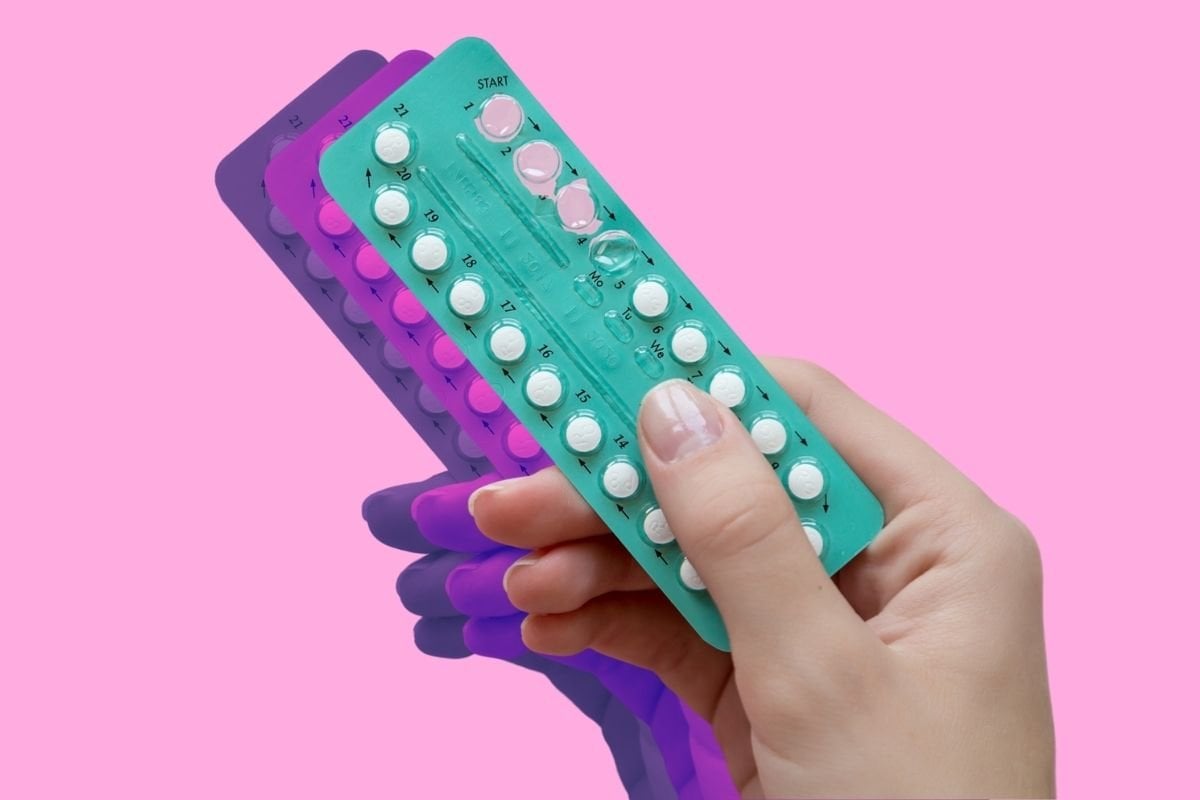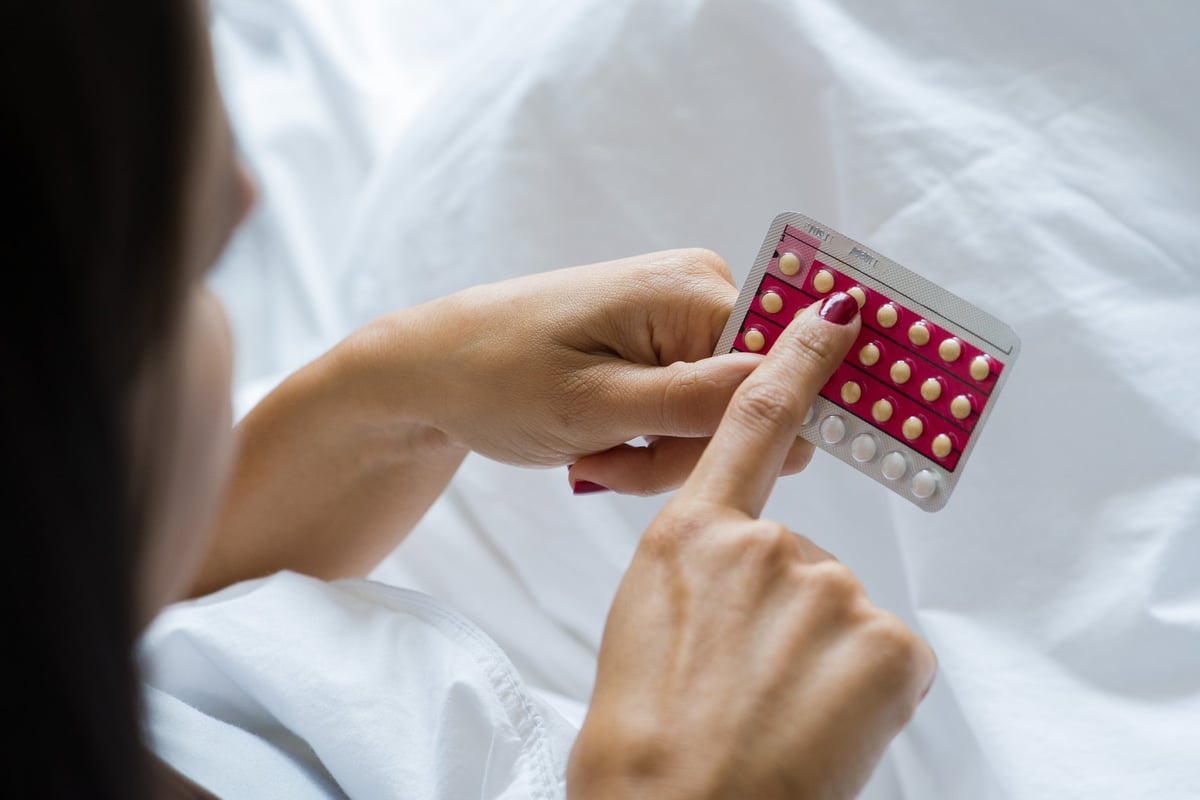
Whether you've been on the pill for yonks and you're gearing up to start a family, or you're just curious to know WTF happens to your body when you stop taking the pill (because no one really talks about this stuff for some reason) - welcome!
While you already know that birth control can help us avoid unwanted pregnancy, what you might not know is that your choice of contraception could delay your pregnancy timeline.
Watch: Need some advice on the different types of contraception? Here's how to compare combination birth control pills. Post continues below.
In a recent study published in the British Medical Journal, researchers looked at how long it could take to return to fertility after ceasing various birth control methods.
While results varied for different contraceptives, it was found that the pill delayed fertility for three menstrual cycles (about three months), on average.
Overall, it was found that injectable birth control led to the longest delay, with women waiting between five and eight months to become pregnant.
Listen to this episode of Get Me Pregnant, where we answer some of the most commonly asked questions about fertility - including do previous abortions or the pill cause infertility? Post continues below.

